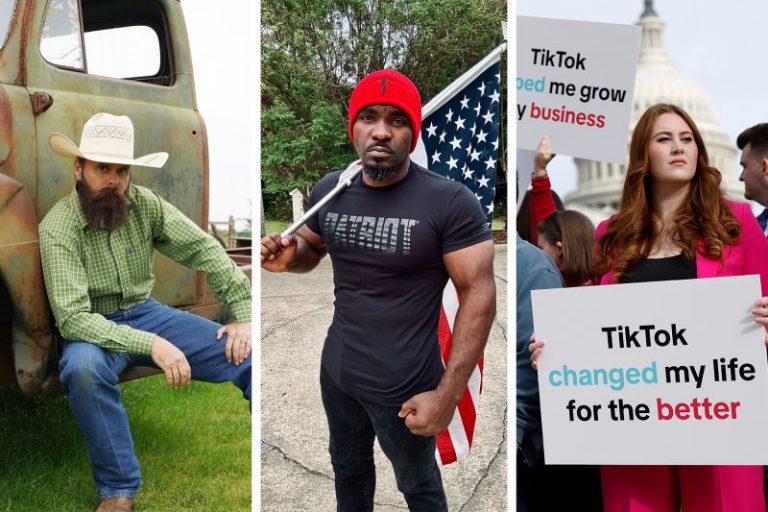In a surprising turn of events, a group of TikTok creators has taken legal action against the U.S. government over the proposed ban of the popular social media platform. The lawsuit, initiated by a collection of influential content creators, aims to challenge the government’s decision and preserve their livelihoods in the digital landscape.
At the heart of the matter is the potential ban of TikTok by the U.S. government due to national security concerns raised by some officials. The creators involved in the lawsuit argue that such a ban would not only infringe upon their First Amendment rights but also jeopardize their ability to connect with audiences and generate income through the platform.
One of the key arguments put forth by the creators is the substantial impact a ban would have on their careers and financial well-being. Many of these individuals have built significant followings on TikTok and have leveraged their platforms to collaborate with brands, promote products, and establish themselves as influencers in their respective niches. A ban on TikTok would not only disrupt these revenue streams but also sever the direct line of communication they have cultivated with their audience.
Furthermore, the creators highlight the discriminatory nature of singling out one social media platform for a potential ban. With numerous other platforms operating in a similar manner and potentially posing similar security risks, the selective targeting of TikTok appears arbitrary and unjust. The creators argue that a blanket ban on the platform sets a dangerous precedent for censorship and government overreach in the online sphere.
In addition to the economic implications, the creators stress the importance of TikTok as a creative outlet and community-building platform. For many users, TikTok serves as a place of self-expression, artistic exploration, and social interaction. A ban on the platform would not only stifle these creative endeavors but also sever the virtual communities that have flourished on TikTok.
As the lawsuit unfolds, it raises critical questions about the intersection of technology, free speech, and national security. The outcome of this legal battle could have far-reaching implications not only for the creators involved but also for the broader landscape of social media and online expression. It underscores the delicate balance between safeguarding national interests and protecting individual freedoms in the digital age.
Ultimately, the TikTok creators’ lawsuit stands as a testament to the power of grassroots activism and the determination of individuals to defend their rights in the face of government action. Whether this legal challenge will succeed in halting the proposed ban remains to be seen, but it has already sparked a vital conversation about the role of social media platforms in contemporary society and the rights of content creators within this evolving digital landscape.



